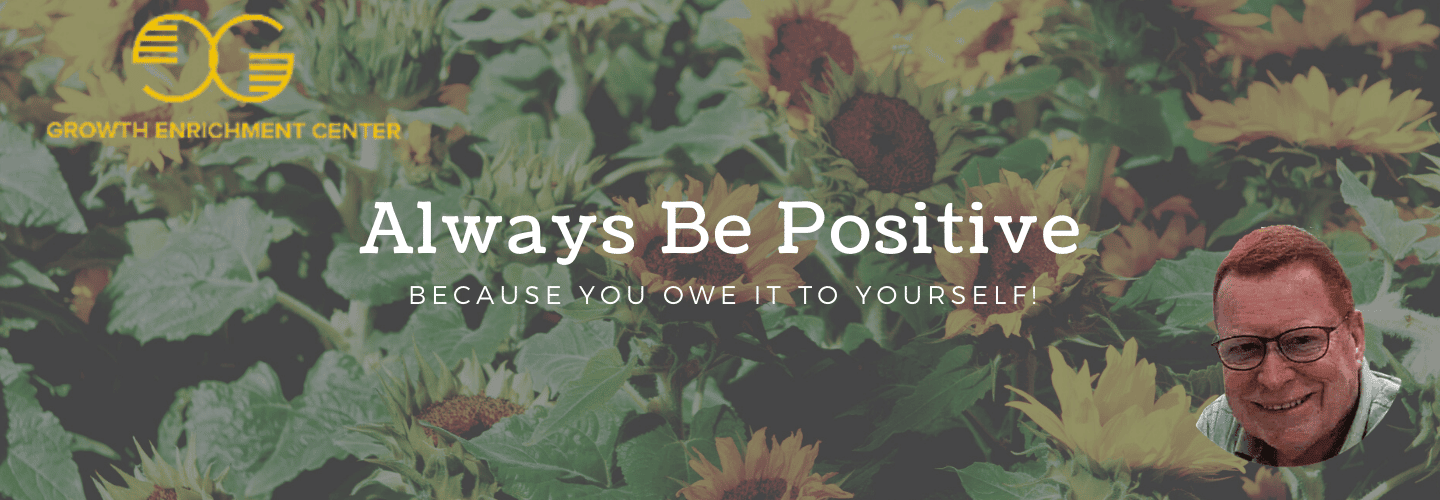
Mindfulness helps you engage with the present moment, enhancing your emotional resilience and mental stability. By practicing daily, you'll notice improved cognitive flexibility and a stronger ability to manage stress without judgment. Cultivating a mindful attitude allows you to experience life's challenges with a positive outlook and gratitude, making you more emotionally stable and resilient. As you continue, you'll uncover deeper insights into turning everyday experiences into opportunities for growth and positivity.
Key Takeaways
- Mindfulness enhances emotional resilience, helping individuals manage feelings effectively and maintain a positive outlook.
- Regular mindfulness practice sharpens cognitive abilities, fostering a more attentive and responsive mindset.
- Techniques like focused breathing increase present-moment awareness, reducing stress and promoting a positive mental state.
- Accepting thoughts and feelings without judgment through mindfulness supports mental stability and reduces negativity.
- Cultivating gratitude mindfully strengthens resilience and encourages a consistently positive perspective on life.
Core Principles of Mindfulness

While exploring the core principles of mindfulness, it's crucial to understand that actively engaging with the present moment without judgment is foundational.
You've likely heard some mindfulness misconceptions, like thinking it's about emptying your mind or having to meditate for hours.
In truth, effective mindfulness techniques can be as simple as deep breathing or observing your thoughts without attachment.
It's about presence, not perfection.
Embrace these practices gently; they're designed to increase your awareness and acceptance, gradually freeing you from the grip of overthinking and stress.
Let's walk this path together, discovering the serene balance mindfulness offers.
Psychological and Emotional Benefits
As you begin to incorporate mindfulness into your daily life, you'll likely notice a significant shift in how you process emotions.
Mindfulness meditation fosters emotional resilience, enabling you to observe and manage feelings without overwhelming judgment. This practice not only reduces your reactivity to emotionally charged situations but also amplifies your capacity for experiencing and sustaining positive emotions.
By focusing on the present, you enhance your ability to reshape your emotional landscape, cultivating a more positive mindset.
This transformation in emotional processing supports a healthier, more resilient psychological state, empowering you to navigate life's challenges with greater ease and positivity.
Cognitive Improvements Through Daily Practice

Building on the emotional foundation laid by mindfulness, you'll find that daily practice also sharpens your cognitive abilities.
As you immerse yourself in mindful moments, you'll notice an improvement in your ability to juggle different tasks. This is cognitive flexibility at work, enabling you to adapt and shift between tasks smoothly.
Furthermore, your attentional processes become more refined. Whether you're focusing on a complex project or simply engaging in a conversation, your enhanced attention helps you stay present and effective.
Regular mindfulness practice is your tool for not just emotional resilience but also a sharper, more responsive mind.
The Role of Acceptance and Awareness
If you've ever found yourself overwhelmed by emotions or circumstances, embracing the role of acceptance and awareness can be transformative.
Through mindful acceptance, you acknowledge your feelings without judgment, allowing them to exist without letting them control you. Awareness techniques, such as focused breathing or sensory checks, help anchor you in the present moment.
This isn't about resignation but about recognizing your reality and choosing your response. By integrating these practices into your daily life, you'll find that you manage stress more effectively and navigate challenges with greater ease, fostering a deeper connection to the world around you.
Positive Outlook and Mental Stability

Many people find that cultivating a positive outlook greatly stabilizes their mental health. By practicing mindful gratitude, you're not just counting your blessings; you're building a resilient mindset that can weather life's ups and downs.
This isn't about ignoring the negatives but acknowledging them without letting them dominate your perspective. Remember, each moment holds a lesson that can foster growth and emotional stability.
Adopting this approach, you'll notice a shift in how you handle stress and setbacks. So, start small: appreciate a sunny day, a friend's smile, or a quiet moment.
These bits of positivity add up, strengthening your mental resilience.
Future Directions in Mindfulness Research
As we look toward the future of mindfulness research, it's exciting to contemplate the potential developments that could further enhance our understanding of this transformative practice.
Here are key areas to watch:
- Exploring deeper into mindfulness interventions for different age groups and cultural backgrounds
- Investigating how mindfulness enhances empathy development in professional and personal settings
- Developing tailored mindfulness programs that address specific societal challenges
- Enhancing the use of technology to measure the impact of mindfulness more accurately
You're part of this journey, and your experiences can greatly shape the future of mindfulness practice.
Stay curious and engaged!
Engaging With Mindfulness Content

Engaging with mindfulness content can transform your daily life, offering tools that foster a deeper connection to your present experiences.
By exploring mindfulness techniques and resources, you'll discover ways to reduce stress, enhance emotional regulation, and cultivate a positive outlook.
Start by incorporating simple practices into your daily routine, like mindful breathing or attentive walking. You'll find plenty of apps, books, and online articles designed to guide you.
Frequently Asked Questions
Can Mindfulness Help Improve Physical Health?
Yes, practicing mindfulness, especially through mindful eating and stress reduction, can improve your physical health. It lowers stress, boosts digestion, and enhances overall well-being, encouraging a healthier lifestyle and greater bodily awareness.
How Long Does It Take to See Benefits From Mindfulness?
You'll start noticing mindfulness benefits quicker than a Netflix binge! With consistent practice, timing benefits emerge as your mind clears and positivity blooms. Keep at it, and you'll feel more grounded and less stressed.
Are There Mindfulness Techniques for Children?
Yes, there are mindfulness techniques for children, including mindful games and breathing exercises. These practices can help them focus, calm down, and manage emotions effectively. It's a great way to introduce positive habits early.
What Are the Risks of Practicing Mindfulness?
You might feel a bit adrift when first practicing mindfulness, like a boat steering through foggy waters. Mindfulness challenges include potential drawbacks like increased anxiety or self-judgment. Stay patient; the clarity you seek often follows.
How Does Mindfulness Compare to Traditional Meditation?
You're exploring how mindfulness differs from traditional meditation. Mindfulness emphasizes present-moment awareness and acceptance, enhancing emotional regulation. Traditional meditation often focuses more on achieving tranquility and may not stress active engagement with the present as much.
Conclusion
Embrace the gentle power of mindfulness to softly steer your mind toward positivity. As you deepen your practice, you'll find the rough edges of daily challenges smoothing out, opening pathways to a more joyful existence. Remember, each moment is a step towards greater mental peace. Keep nurturing your awareness, and let mindfulness illuminate the richness of every experience. Your journey to a brighter mindset is just beginning—keep walking this path with openness and curiosity.
